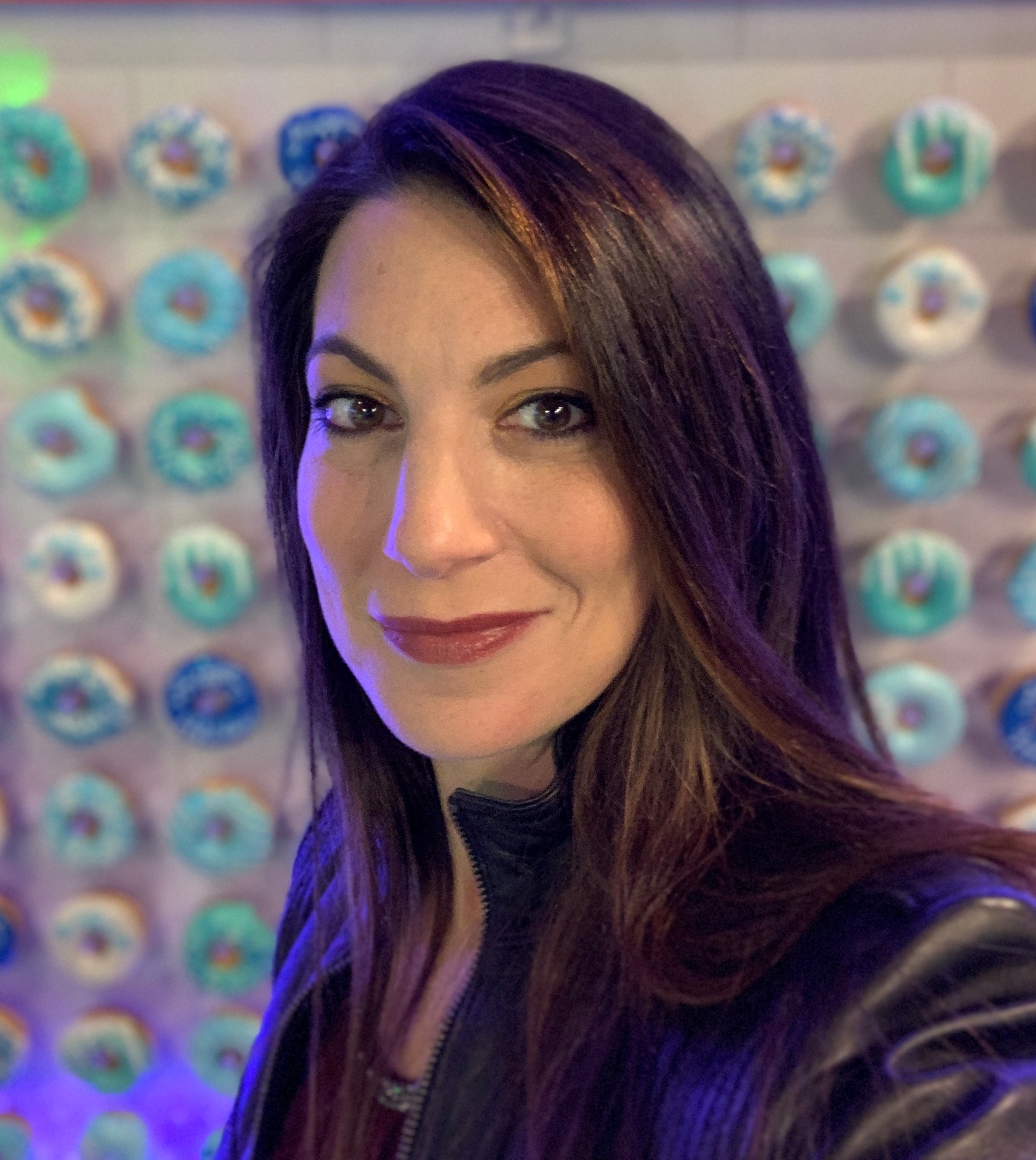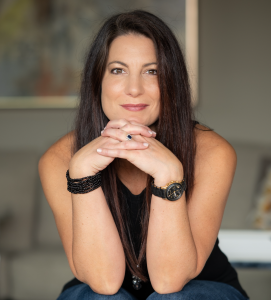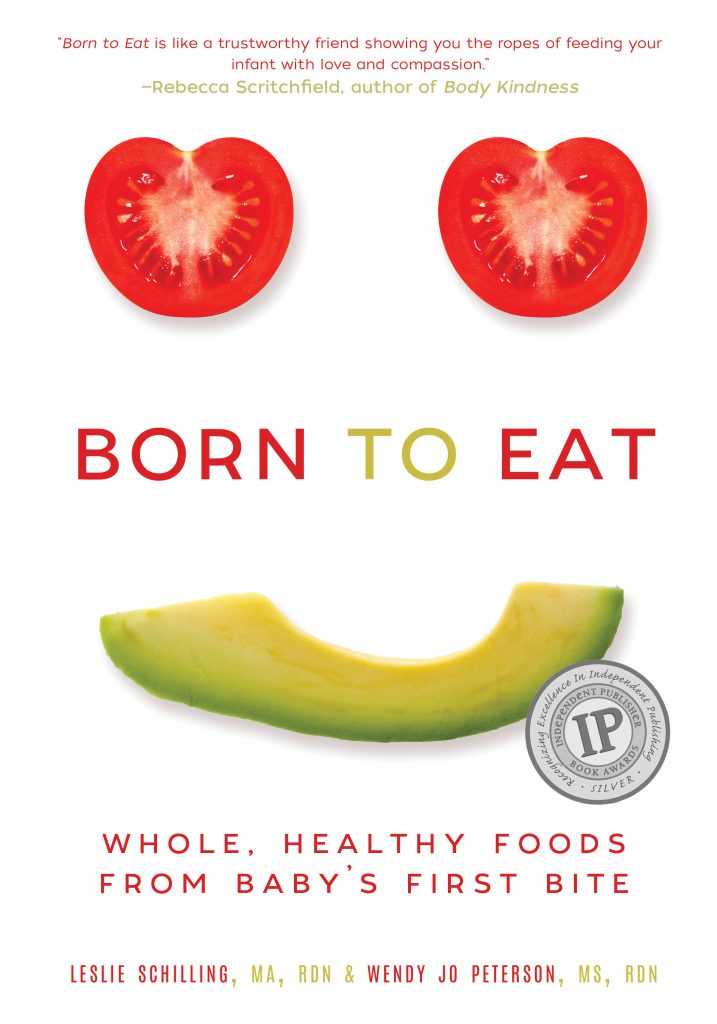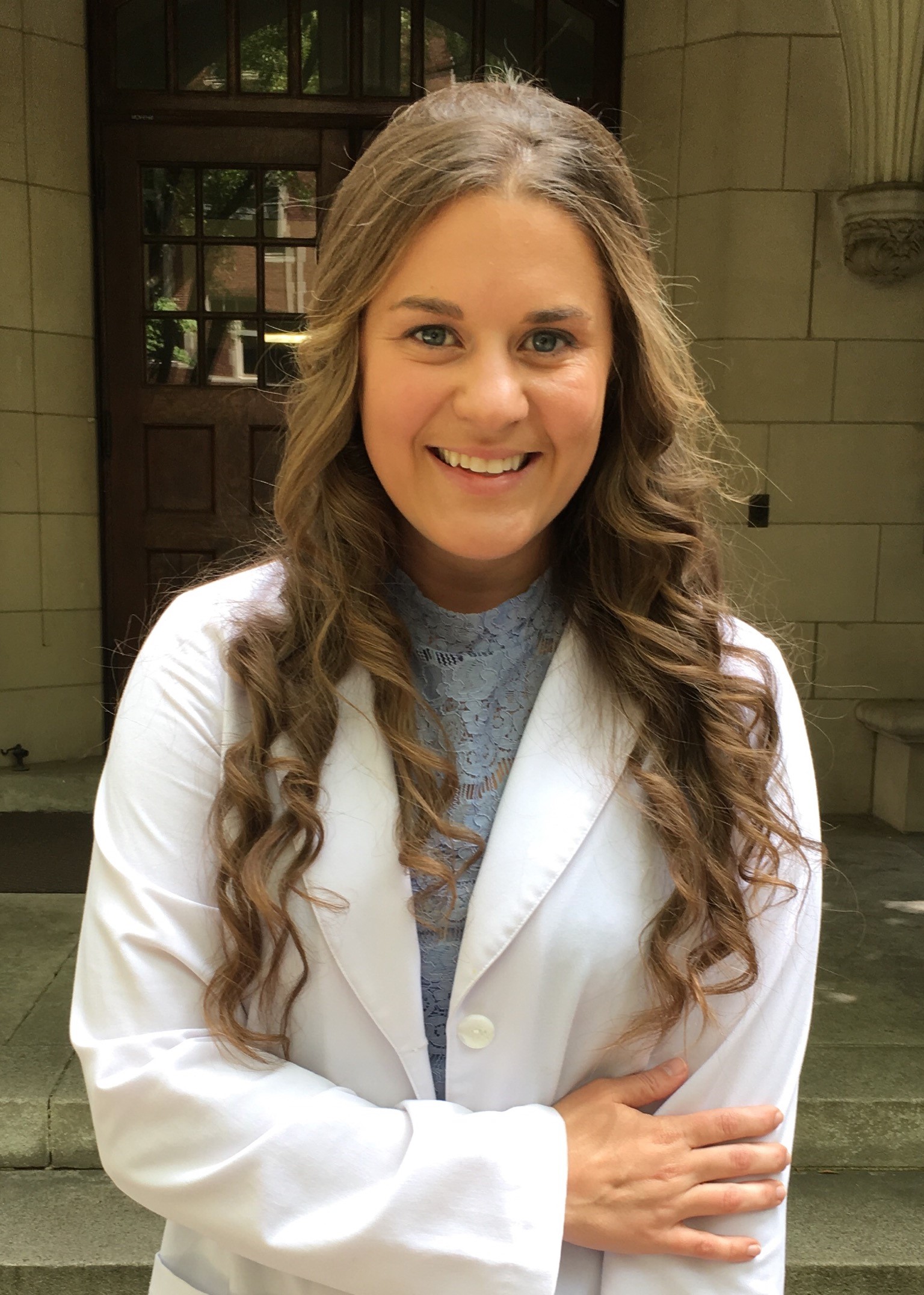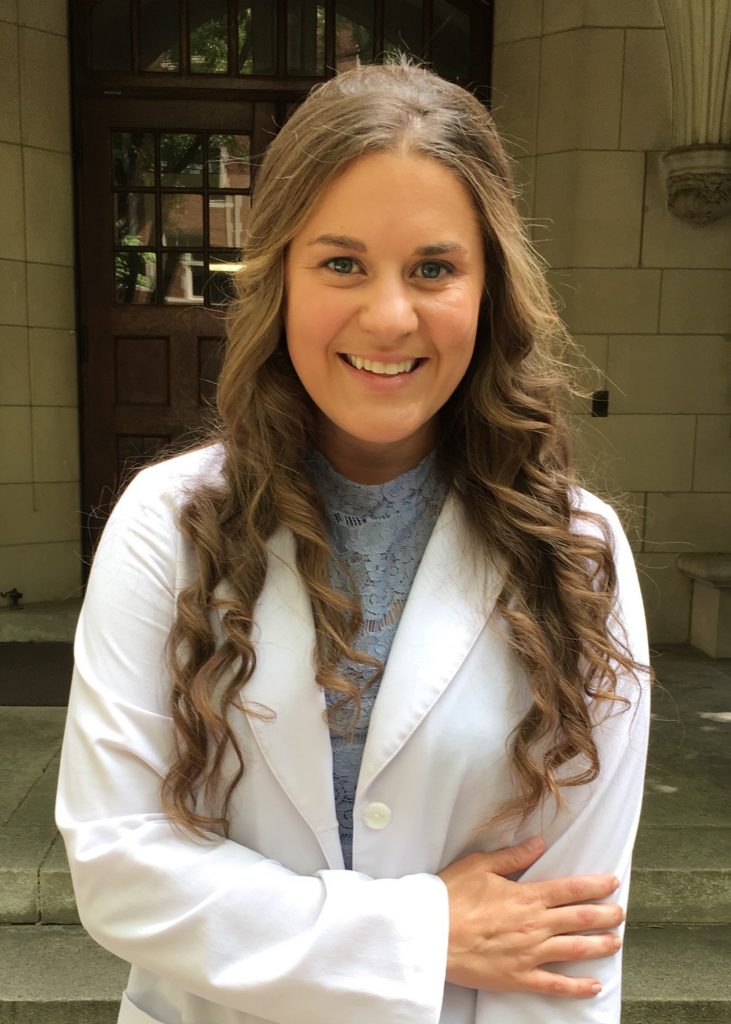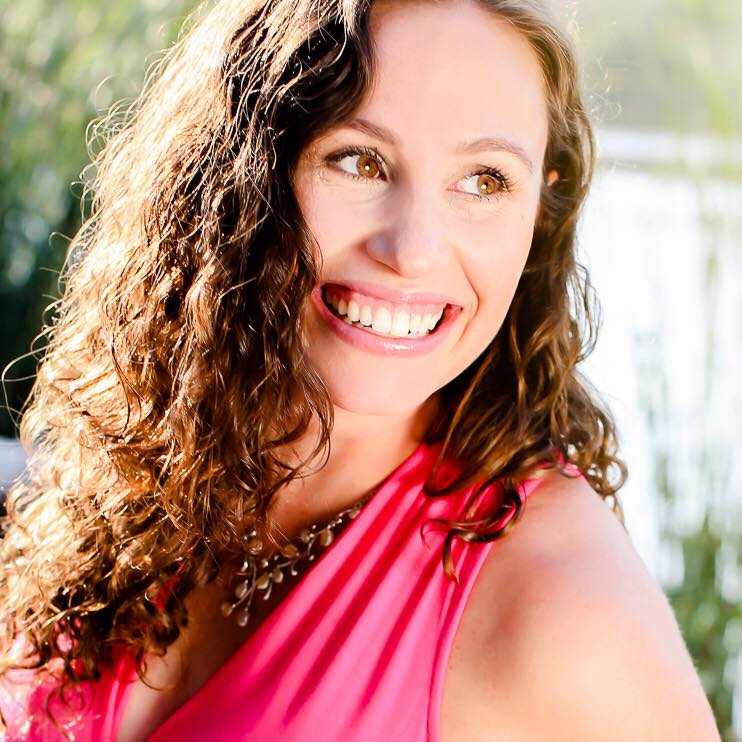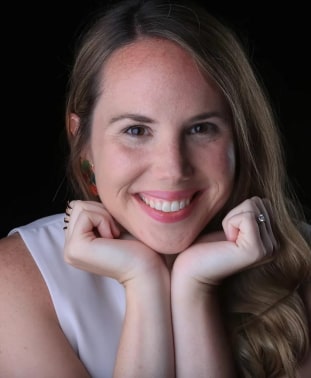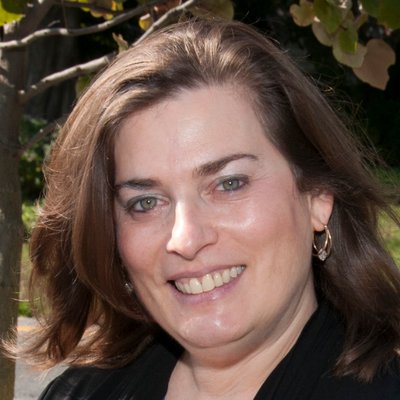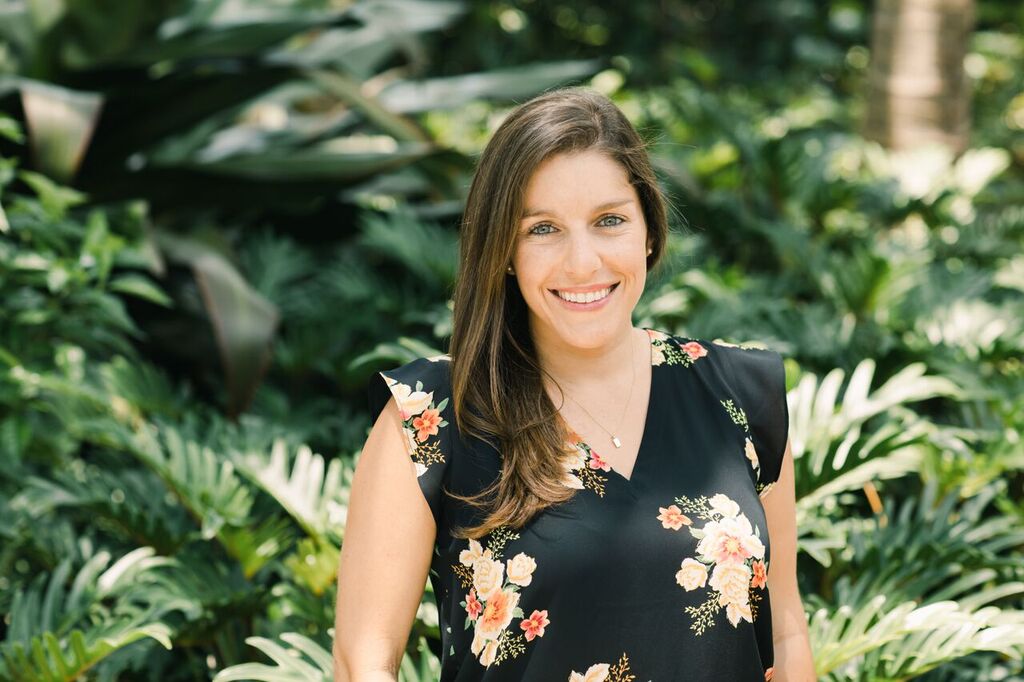

Liz Motta, MSEd, LMHC
www.allianceforeatingdisorders.com
What is your current position? And how did you get started in your career?
The Alliance for Eating Disorders Awareness (“The Alliance”) is a national nonprofit organization dedicated to providing programs and activities aimed at outreach, education, early intervention, and advocacy for all eating disorders. Founded in October 2000, The Alliance has worked tirelessly to raise awareness; eliminate secrecy and stigma; promote access to care; and support those susceptible to, currently struggling with, and recovered from eating disorders.
As a Licensed Mental Health Counselor with background in treating eating disorders at the residential level of care, I came to work for The Alliance in June 2017 as their Program Coordinator. Through my experience working with underserved populations in community mental health agencies and seeing firsthand the lack of eating disorder education provided in master’s level clinical programs, I felt strongly connected to the mission of The Alliance and the need to give back. Now in the position of Director of Education and Resources, I regularly speak with individuals and loved ones to offer support and connect them to eating disorder treatment nationwide. Ultimately, I strive to advocate for individuals on their path to recovery while providing education on the importance of eating disorder awareness, early intervention and the promotion of positive body image.
What advice would you give to someone new to the field?
If you are considering a career in the mental health field, specifically in the treatment of eating disorders, I would highlight the importance of incorporating self-care into your daily routine. While working in the mental health field is a fulfilling and rewarding experience, it can also lead to burnout and compassion fatigue without setting appropriate boundaries. Self-care looks different for each person; therefore, it is important to figure out what work-life balance looks like for you.
Instagram: @allianceforeda
Twitter: @AllianceforEDA

